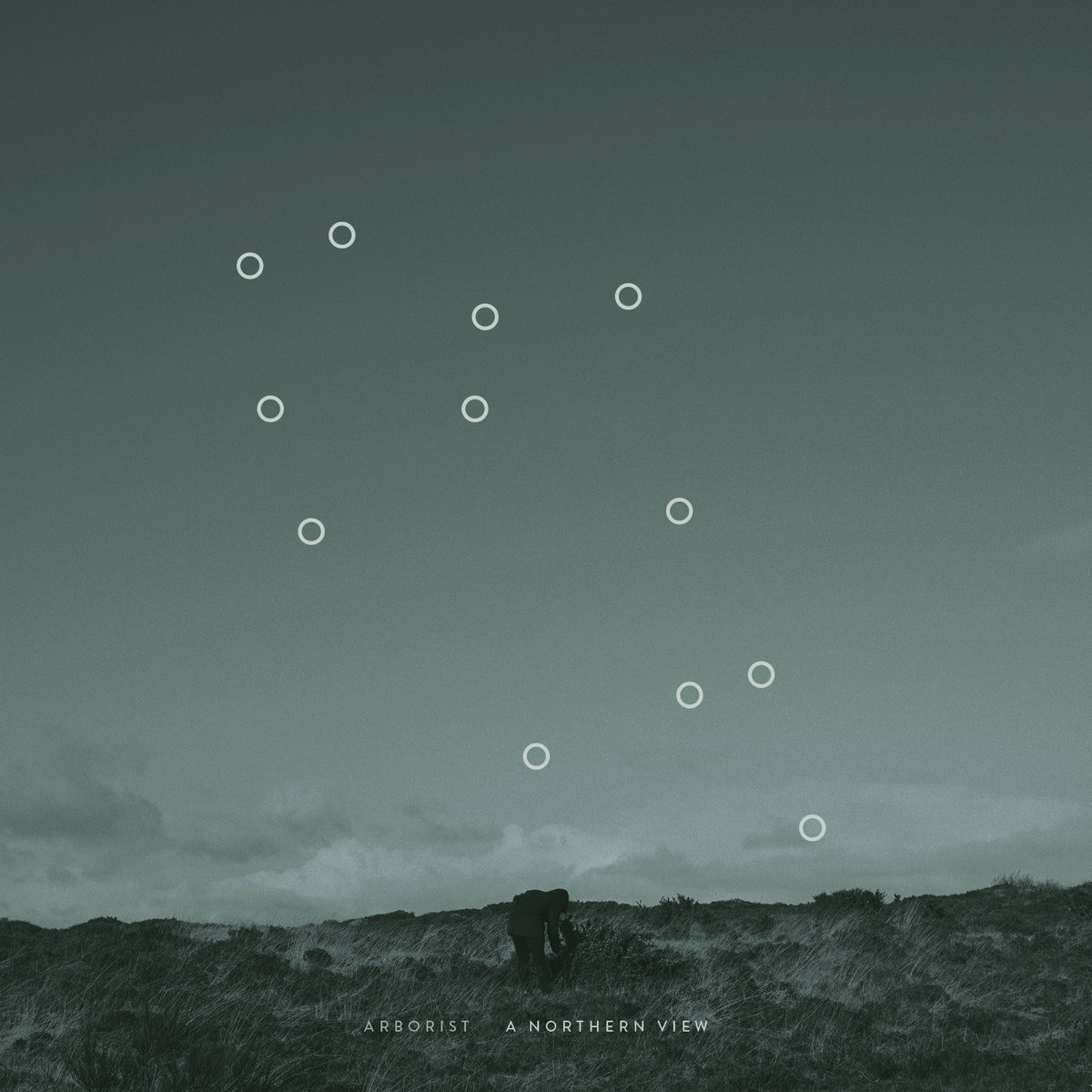“The taste of your blood on the tip of my tongue…”
Arborist return with their beautifully dark second album, A Northern View. The Northern Irish group, founded and fronted by Mark McCambridge, deliver a stunning collection that examines the conflicting emotions wrought by post-Brexit Ireland.
Rich in melody and mood, it is resplendent with lush arrangements and underpinned by an uneasiness that unsettles the listener throughout. The piano/organ and violin/strings from Richard Hill and Emma Smith respectively provide an ethereal beauty behind the anguished vocals of McCambridge.
The record reveals raw emotion from a group of people who are completely aware of their place in history. Northern Ireland, and indeed the whole island, finds itself a pawn in a game it never asked to join, the frustration of which is vocalised on songs such as The Guttural Blues and Taxi.
Discussing the approach to making this record leaner than its predecessor, McCambridge says:
“Melody is still paramount, but I wanted the listener to work for it a little more. I wanted there to be an uneasiness beneath even the lush melodic parts. A stall we tried to set out in the first 30 seconds; don’t rest on your laurels, be on guard.”
Indeed, the album’s opener A Stranger Heart lures you in with a romantic melody of strings before a jarring silence engulfs us. The suffocating pause seems to last just a second too long before a plaintive organ and big, rich vocal comes forth from the darkness. Vibrato strings add tension beneath the cheerier guitar. This is not going to be a schmaltzy record but neither will it be mired in gloom.
And the anger expressed is not just at how the nation is being used but at how McCambridge’s fellow citizens are so easily misled into losing their own sense of decency. On Here Comes the Devil, the lyrics symbolically flash a light on the darkness within all of us. McCambridge is frustrated by the way the “abomination of Brexit” has created a safe space for people to let the inner devil creep into our everyday lives. Big toms drive the beat of inevitability and the anguished cries which close out the track set a desperate vision of current affairs.
The clash of tradition and modernity is a constant motif throughout A Northern View. Like so many of us, it looks to the past for inspiration but feels the urge to move on, look for a brighter future and evolve. It’s a particularly poignant question the record deals with as Northern Ireland itself questions its own identity.
On By Rote, McCambridge sings, “Here I am still, trying to repeat what I learn / Once there were boundaries but now they’re gone” like a soulful Richard Hawley.
Elsewhere, exuberant waltzes complement Appalachian harmonies, country blues, and even doo-wop. The sax on Can I Add You To My Will? exemplifies the record’s knack for adding an air of smoky romance to a dreich backdrop.
Nowhere on the album is the dry humour and self-deprecating sense of Irish belonging felt than on spoken-word piece, Taxi, inspired by Arab Strap, Belle and Sebastian and James Yorkston, who have made the droll Scottish storyteller’s delivery a constant.
As McCambridge explains; “I wanted to do something similar with the Northern Irish voice. It’s a story about a claim from my Dad’s cousin and good friend through his youth, Henry McQuillan, that he conceived the idea of turning a famous Irish traditional song into a rock song.”
As a whirlpool of grandiose strings, organ and bass climax behind the speaker, a short comedic break allows for the song’s muse to ponder hilariously – “What the fuck was that all about?” It’s another sign that while modern issues can grind us all, the innate Irish sense of humour can never truly be subdued.
Complex, literary and political, A Northern View is the album that is needed from the place where it’s from, at the very time when uncertainty abounds. This is not a preaching or radical record but it does what most special albums are meant to do; make us think, question and find our own identity.


Comments